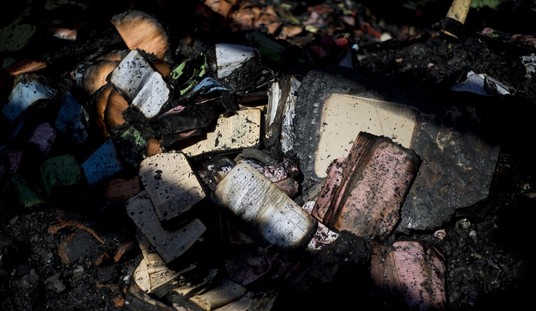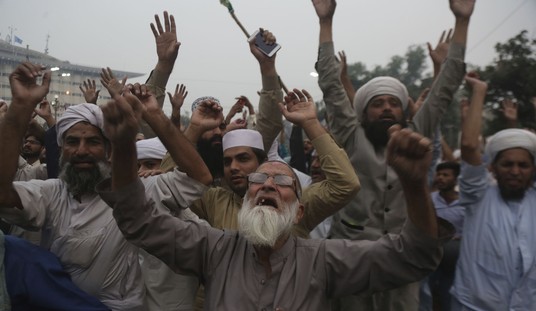Using rifle grenades and what the UN refers to as “heavy artillery,” the Myanmar army attacked protesters in the town of Bago, 90 km (55 miles) northeast of Yangon. According to several sources, more than 80 people were killed in fighting that lasted from before dawn until mid-afternoon.
The UN in Myanmar is following events in Bago with reports of heavy artillery being used against civilians and medical treatment being denied to those injured.
The violence must cease immediately.
We call on the security forces to allow medical teams to treat the wounded. pic.twitter.com/VyO7gRpWPO— United Nations in Myanmar (@UNinMyanmar) April 10, 2021
There is escalating violence from both sides. The Assistance Association for Political Prisoners (AAPP), a monitoring group and a domestic news outlet, reports that 618 people have died in the violence that began with the military coup in February 1. The government claims that 10 policemen were killed in an attack on a police station from an alliance of fighting groups from various ethnic groups. The situation has all the earmarks of spiraling into a civil war if the military doesn’t let up soon.
An alliance of ethnic armies in Myanmar that has opposed the junta’s crackdown attacked a police station in the east on Saturday and at least 10 policemen were killed, domestic media said.
The police station at Naungmon in Shan state was attacked early in the morning by fighters from an alliance that includes the Arakan Army, the Ta’ang National Liberation Army and the Myanmar National Democratic Alliance Army, the media reported.
Shan News said at least 10 policemen were killed, while the Shwe Phee Myay news outlet put the death toll at 14.
Doctors and health care workers report that the military started attacking staff while they were trying to treat the wounded.
Raha Wala, of the advocacy group Physicians for Human Rights, said the military was “systematically persecuting medics”, both for treating anti-coup protesters and, in the case of many government doctors, for participating in a national strike.
Every few days, news spreads of more detentions of medical staff, taken at clinics, protests or from their homes during night raids. Some are released after questioning, others are less fortunate. “If you are detained today, your body will be returned tomorrow with torture marks or something like that,” said a Yangon-based doctor in hiding.
The military has blacked out the internet and word about what’s going on in the country is hard to come by. Western reporters are relying on domestic news services and international groups who are under no obligation to relate a true account of what’s happening.
But there has been plenty of eyewitness accounts from diplomats and others who paint a tragic picture of the military crackdown on protests. It’s clear that the military has decided there will be no negotiations with the opposition and the military will simply seek to silence them and cow them into submission.
That’s a strategy that rarely works.










Join the conversation as a VIP Member